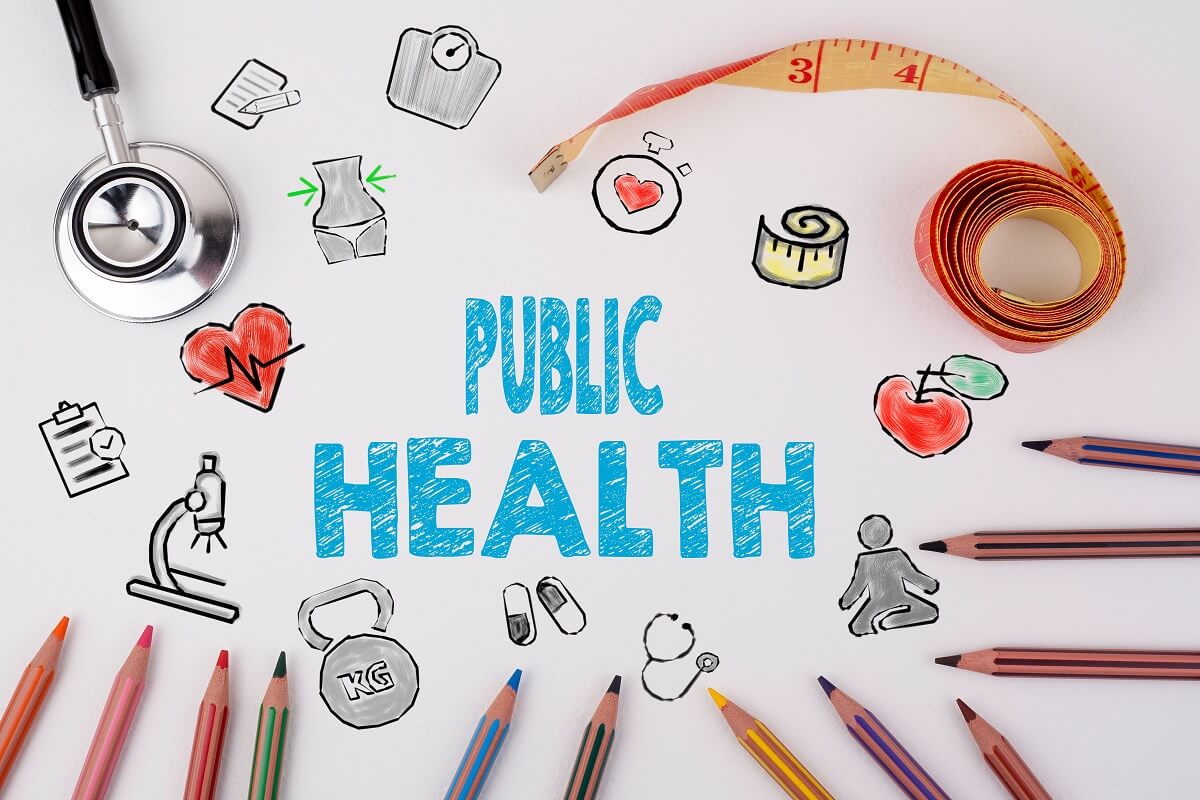
06 Apr 2023 Prevention is crucial, but the nation’s health crisis needs innovation not just investment
Funding for prevention should reflect the scale of the problem
The British Association for Nutrition and Lifestyle Medicine (BANT) welcomes the publication of the Hewitt review of integrated care systems, especially the recognition that only through prevention can we address the British health crisis. As the professional body for c.3,500 nutrition practitioners across the UK, BANT continues to highlight the importance of prevention over cure. While we welcome a 1% increase in funding for prevention, this is very little considering the growing scale of our public health crisis. While investment in prevention represents excellent value for money, it is likely that it’ll take more than a fractional increase to make a lasting difference.
Furthermore, an arbitrary increase in funding is unlikely to bring about real change without a clear plan and purpose, driven by enthusiasm for genuine innovation and supported by evidence of the most effective methods for improving public health.
Common, preventable risk factors underlie most non-communicable diseases and diet is one of them. It is estimated that 26% of adults in England are obese and a further 38% are overweight (1). Excessive body mass contributes to key metabolic/physiological changes, setting the conditions for disease. Nutrition should be considered the most important area for investing in health prevention. The NHS currently spends about 5% of its annual budget on preventative activity with the remainder on treatment (2). The appetite for change reflected in the review is encouraging, however, the scale of the challenge facing our health system is overwhelming. Non-communicable diseases – cardiovascular disease, cancers, chronic respiratory disease, and type 2 diabetes mellitus – cause an estimated 89% of UK deaths (3) consuming up to 75% of health budgets (4). BANT welcomes that the review was specifically asked to look at how to empower local ICS leaders to improve outcomes for their populations.
BANT agrees with the Rt Hon Patricia Hewitt that a clear framework to define ‘what we mean by prevention’ is needed to move the recommendations forward. These should clearly define the additional resources and workforce requirements, including consideration of practitioners on PSA accredited registers. These registers set the same level of standards for practitioners working in unregulated health and care occupations as those of statutory regulated professions, and provide a gateway to an underutilised yet highly skilled workforce.
BANT also welcomes the establishment of a Health, Wellbeing and Care Assembly and would encourage a broad membership to ensure a wide range of expert opinions can contribute to address this complicated challenge. We feel this Assembly could especially benefit from the insight of those organisations already operating in preventative health outside the structure of the NHS, such as BANT.
Prevention is the cure to our public health crisis and struggling NHS. We therefore welcome the greater investment in prevention, as this represents one of the only truly long-term and effective solution for our health system. However, the urgency and importance cannot be underestimated. We are running out of time to avoid this unnecessary health emergency from bringing the NHS to its knees, therefore it is of the greatest importance that no stone is left unturned and no option unexplored in these coming years.
Author: Claire Sambolino MSc, BANT Communications Manager & Registered Nutritional Therapy Practitioner rCNHC
REFERENCES:
- Obesity statistics, Research Briefing, Published Thursday, 12 January 2023 https://commonslibrary.parliament.uk/research-briefings/sn03336/
- Office for National Statistics. Healthcare expenditure, UK health accounts, 2017. Available: https://www.ons.gov.uk/peoplepopulationandcommunity/healthandsocialcare/healthcaresystem/bulletins/ukhealthaccounts/2017
- https://publications.parliament.uk/pa/ld201617/ldselect/ldnhssus/151/15109.htm
- https://fullfact.org/news/how-much-nhs-budget-spent-treating-chronic-conditions/
FIND US ON POLITICS HOME
This article was published to Politics Home (PoliticsHome is an indispensable information source for the most influential people in UK politics – including Cabinet ministers, MPs, peers, senior civil servants and Westminster journalists)
View the BANT portal here: https://www.politicshome.com/members/article/prevention-crucial-nations-health-crisis-needs-innovation-investment
NOTES TO EDITORS:
BANT is the leading professional body for Registered Nutritional Therapy Practitioners in one-to-one clinical practice and a self-regulator for BANT Registered Nutritionists®. BANT members combine a network approach to complex systems, incorporating the latest science from genetic, epigenetic, diet and nutrition research to inform individualised recommendations. BANT oversees the activities, training and Continuing Professional Development (CPD) of its members.
Registered Nutritional Therapists are regulated by the Complementary and Natural Healthcare Council (CNHC) that holds an Accredited Voluntary Register (AVR) for the Professional Standards Authority for Health and Social Care (PSA). A report by the Royal Society for Public Health and the Professional Standards Agency made a key recommendation that AVR practitioners have the authority to make direct NHS referrals, in appropriate cases, to ease the administrative burden on GP surgeries. BANT nutrition practitioners are the key workforce asset to harness 21st century lifestyle medicine to tackle the rising tide of stress-related fatigue, obesity, Type 2 Diabetes, dementia and other chronic diseases.
To find a BANT nutrition practitioner, please click here
BANT WELLBEING GUIDELINES:
The BANT Wellbeing Guidelines are specifically designed to provide clear, easy to understand general information for healthy diet and lifestyle when personalised advice is not available.
BANT launched it’s 2021 Food for your Health campaign to tackle diet-induced obesity and metabolic dysregulation and combat the junk food culture by promoting healthy food and lifestyle choices. We offer a range of free, open-access resources, and have a network of over 3,500 Nutrition Practitioners throughout the UK.

